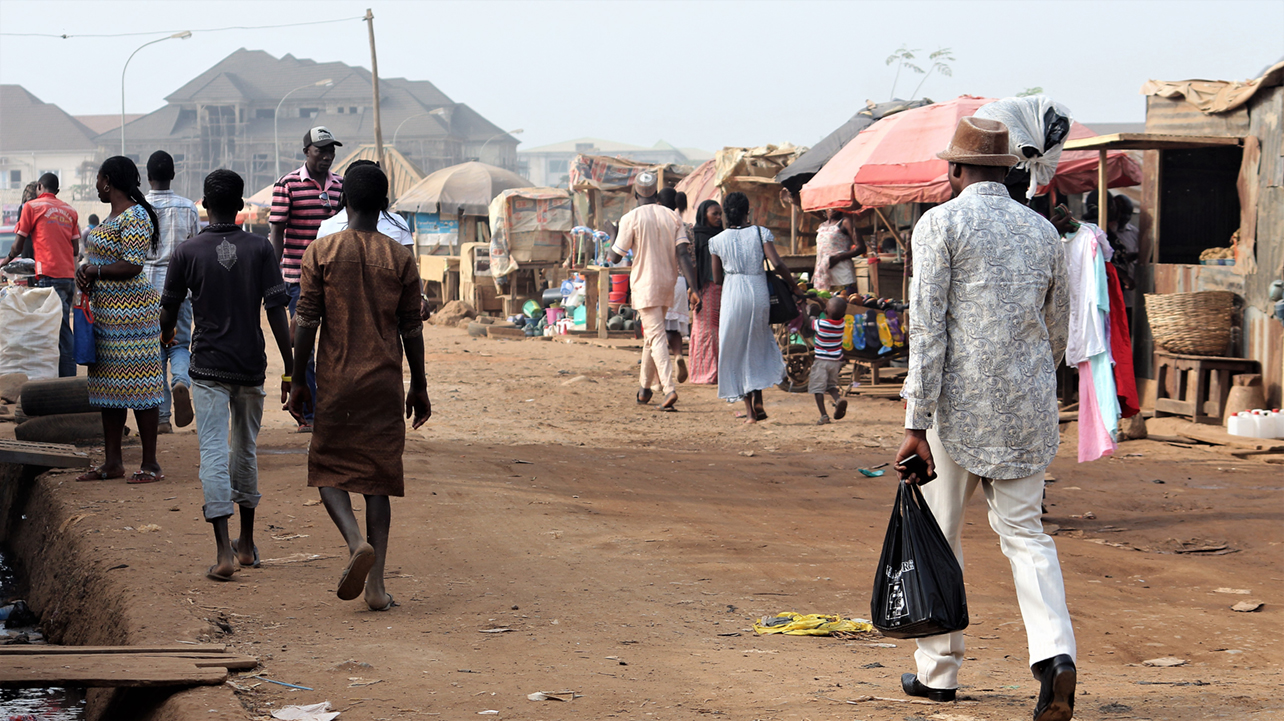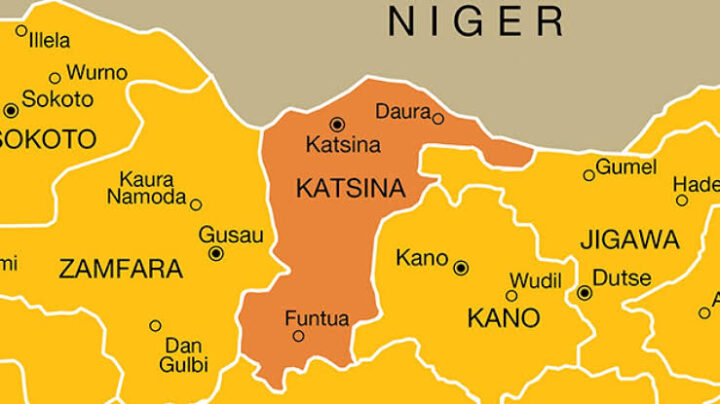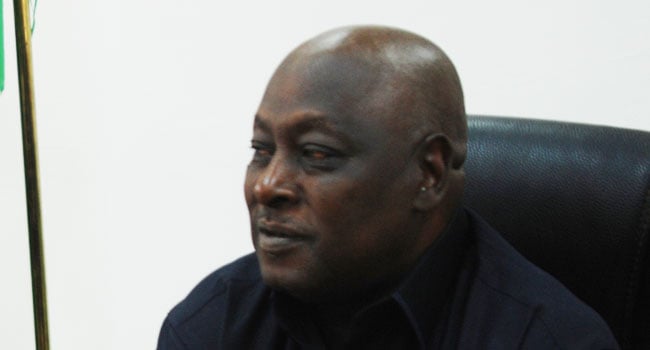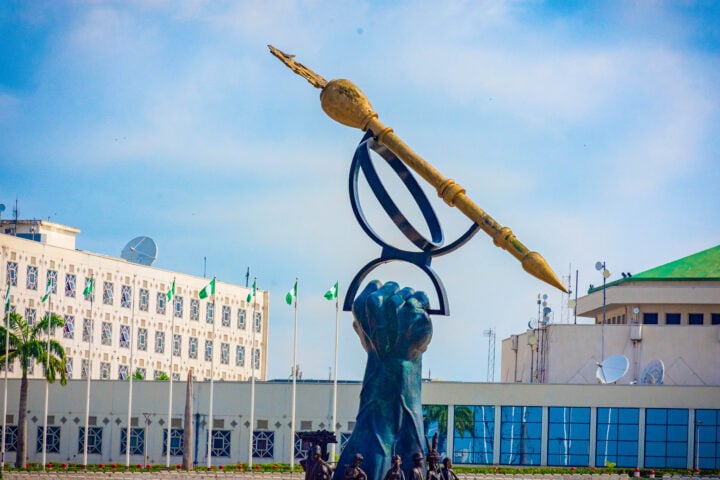(Photo, UNDP Nigeria/Lucky Musonda)
Clem Agba, minister of state for budget and national planning, on Friday, inaugurated the National Bureau of Statistics (NBS) poverty dashboard situation room (PDSR).
The PDSR is a 32-sitter soundproof room with a 12 by 5 feet screen displaying information on poverty.
Speaking at the inauguration at the bureau’s headquarters in Abuja, Agba said the hub presents a veritable tool for a proper understanding of the poverty situation in Nigeria.
He said the necessity of a data hub of poverty and welfare information is to house different features where policy discussions can be hosted.
Advertisement
The minister said the data hub would give access to the public to gain more knowledge and understanding on concepts and methods on how poverty measurements are done and how the data can be applied in practice.
“The purpose of the lab is to have people use it and have an understanding of how to deal with issues that we have,” NAN quoted Agba as saying.
“We believe there must be transparency and accountability, we must involve the people in whatever we are doing, so the trust gap will be narrowed.”
Advertisement
On Thursday, the National Bureau of Statistics (NBS) says 133 million Nigerians are multidimensionally poor — more than half of the country’s population.
The NBS had disclosed this in its latest National Multidimensional Poverty Index Report (MPI) adding that 63 percent of Nigerians are poor due to a lack of access to health, education, and living standards, alongside unemployment and shocks.
Agba said the MPI report revealed that poverty was prevalent in the rural areas.
He, therefore, called on state governors to focus on those areas as a way to end poverty in Nigeria.
Advertisement
“I have been speaking about the need to pay attention to our rural areas. The money put into poverty reduction does not seem to be showing that it is working,” he said.
”This is because, at the subnational level, governors pay attention to the state capitals as we can see from the results of the MPI report.
“I see a linkage between population growth rate and a lack of infrastructure in the rural areas.
“What is happening is that our poor farmers who produce 90 percent of the food we eat reside in the rural areas, and are not making profit from farming.
Advertisement
“If every state is making their contribution, you will find out that the prices of food items will reduce, it will be better for our people and we will be removing the issues of poverty.”
The minister added that the MPI would help to governors identify, and deal decisively with the problems peculiar to their states and regions.
Advertisement
On his part, Semiu Adeniran, statistician-general of the federation, said the PDSR was to serve as a one-stop shop for accessing all kinds of poverty-related data in Nigeria.
Adeniran said the lab would have all types of tests on poverty to provide useful results at both the national and state level.
Advertisement
“The lab will diagnose, and dissect whatever the problem is as it concerns poverty,” he said.
“Commissioning of the poverty dashboard situation room is another achievement NBS should be proud of.”
Advertisement
Also speaking, Biyi Fafunmi, director of ICT at NBS, who led guests on a tour of the lab, said the PDSR was equipped with adequate infrastructure and facilities.
Fafunmi said the idea of the PDSR was aimed at supporting the vision of lifting 100 million persons out of poverty in 10 years by producing and disseminating poverty data in an unconventional way.
“The lab also enjoys uninterrupted power supply and has access to the internet linked to the NBS local network,” he said.
Other features of the lab, he said, include a dedicated poverty dashboard and website which would be interactive; and in-house experts who would provide explanations on the poverty indicators.
Add a comment






